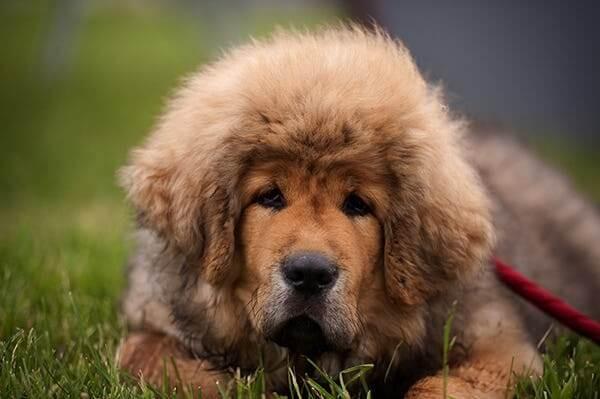Mastiff dog breeds are some of the most recognizable dogs in the world — famous for their sheer size, strength, and calm, confident presence. Despite their massive frames, most Mastiffs are affectionate, patient, and deeply devoted to their families. These gentle giants have a long history as protectors and companions, and today they’re known for being loyal pets that thrive on connection and purpose.
Whether you’re drawn to the majestic Tibetan Mastiff, the devoted Bullmastiff, or the athletic Cane Corso, learning about each breed’s temperament, needs, and health concerns can help you choose the right companion for your lifestyle.
What Makes Mastiff Dog Breeds Unique
Mastiffs trace their origins back thousands of years, where they served as guardians, war dogs, and loyal companions to humans across ancient civilizations. While their sizes and temperaments vary, all Mastiff breeds share a few common traits — courage, loyalty, and a calm, watchful nature.
These dogs are devoted protectors and often described as “gentle giants.” Their presence alone can deter intruders, but beneath that protective exterior lies a heart full of love and loyalty for their family.
Popular Mastiff Dog Breeds
English Mastiff

The English Mastiff, often simply called the “Mastiff,” is one of the largest and most iconic breeds. Known for its kind and docile temperament, the English Mastiff is a loving family companion who thrives on attention and affection. While they look intimidating, they’re usually calm, easygoing, and great with kids.
Bullmastiff
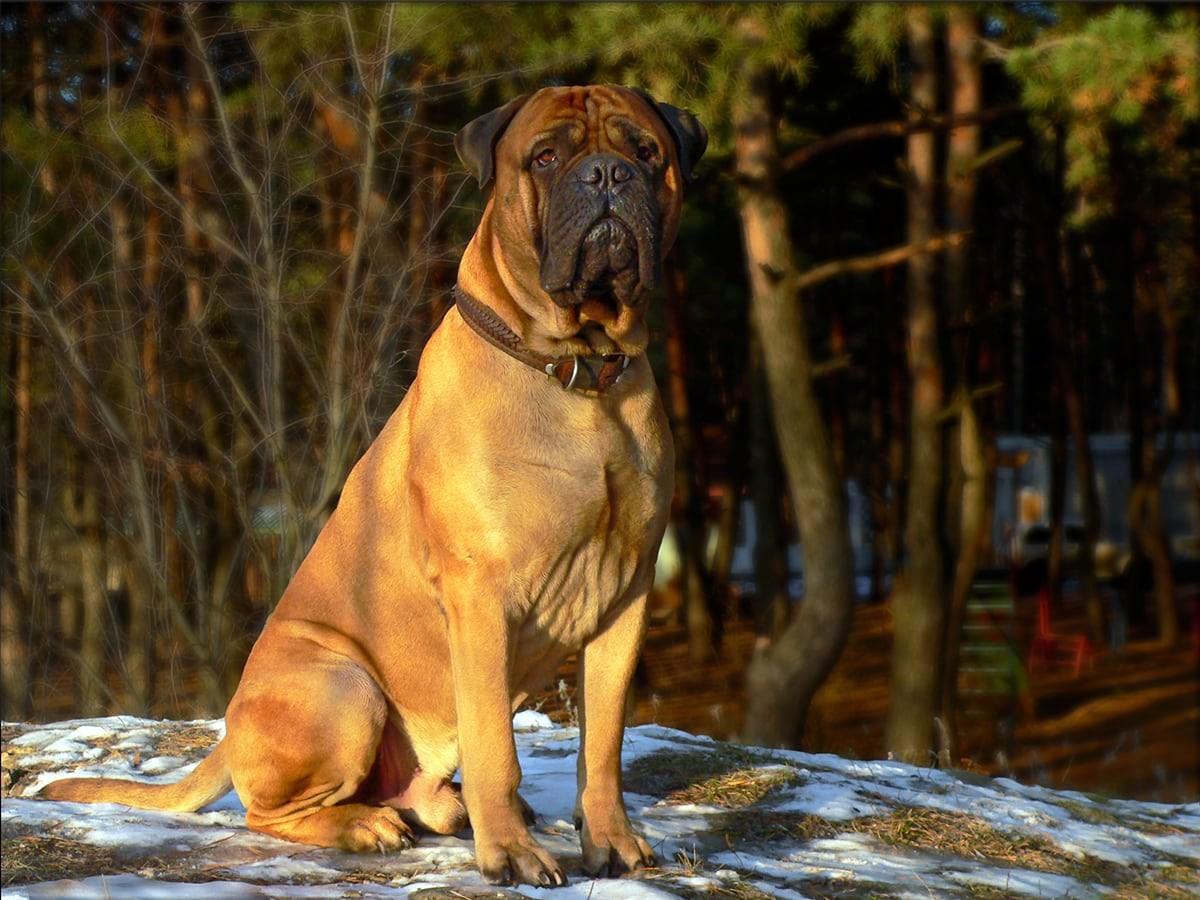
Developed in England by crossing Bulldogs and Mastiffs, the Bullmastiff was bred to guard estates from poachers. This breed is known for its confidence, loyalty, and balanced temperament. Bullmastiffs are affectionate with family and alert around strangers, making them wonderful protectors without being overly aggressive.
Neapolitan Mastiff
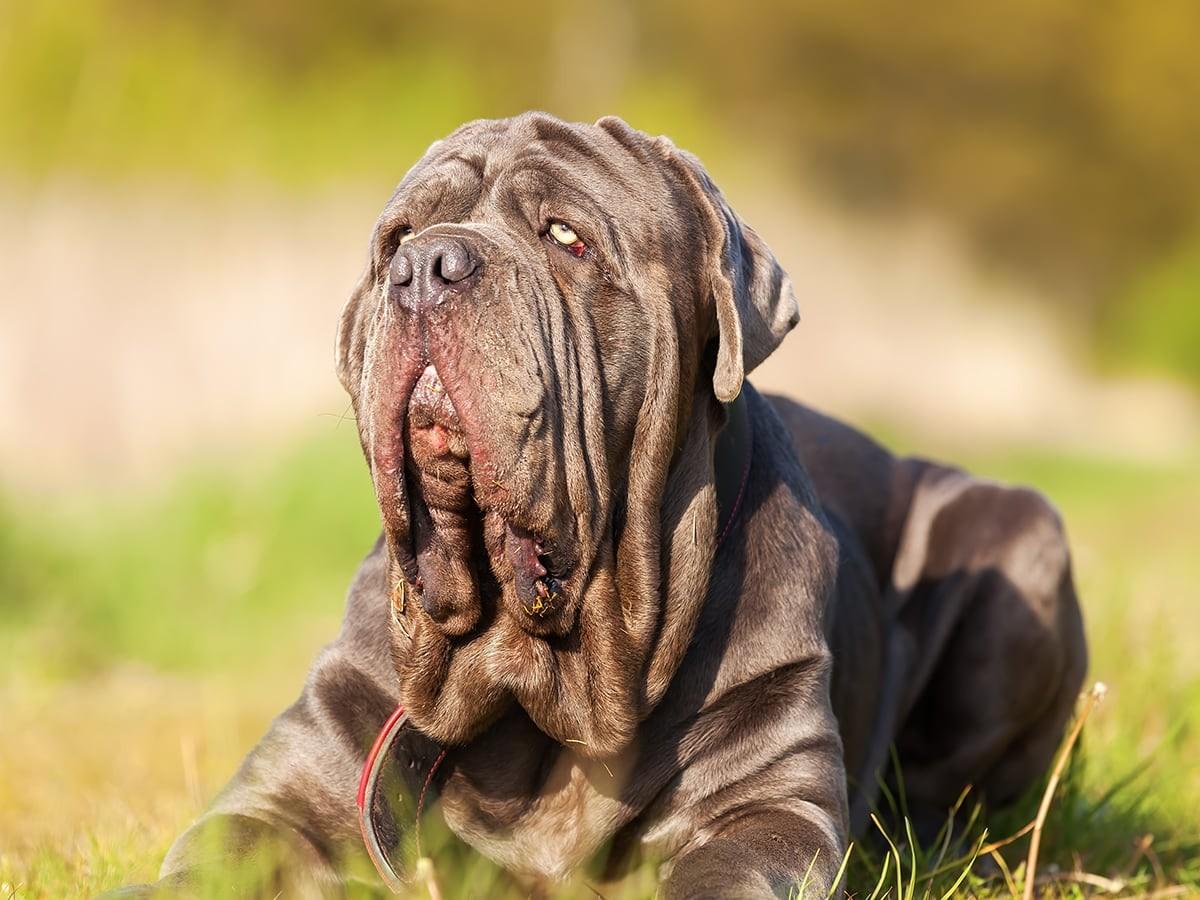
With their distinctive wrinkles and massive frame, the Neapolitan Mastiff turns heads wherever they go. Originally bred in Italy to guard homes and farms, this breed is deeply devoted, protective, and surprisingly gentle with family. Their droopy expression hides a loyal and loving heart.
Tibetan Mastiff
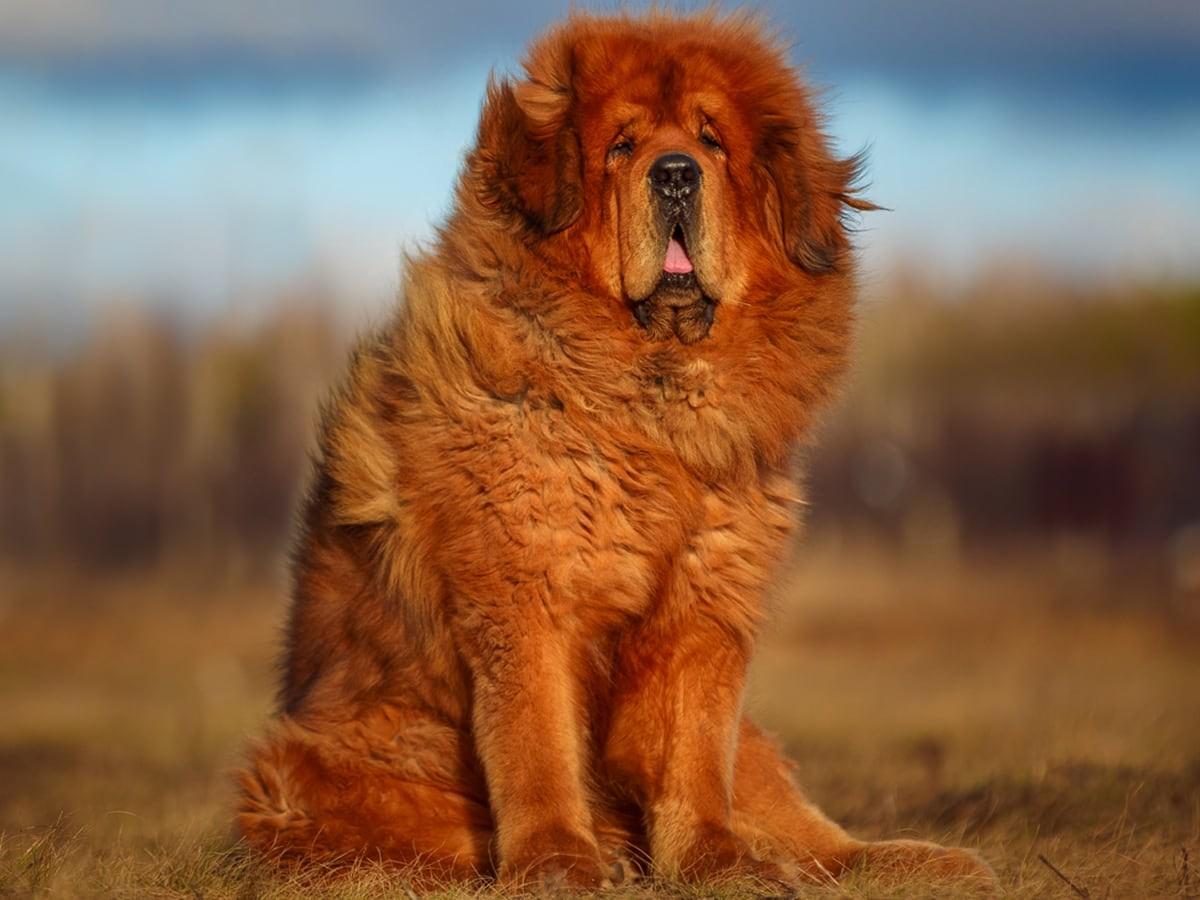
The Tibetan Mastiff is one of the oldest and most independent Mastiff dog breeds. Originating from the Himalayas, these dogs were bred to protect livestock and monasteries. They’re intelligent, strong-willed, and deeply protective — best suited for experienced pet parents who understand their independent nature.
Cane Corso (Italian Mastiff)
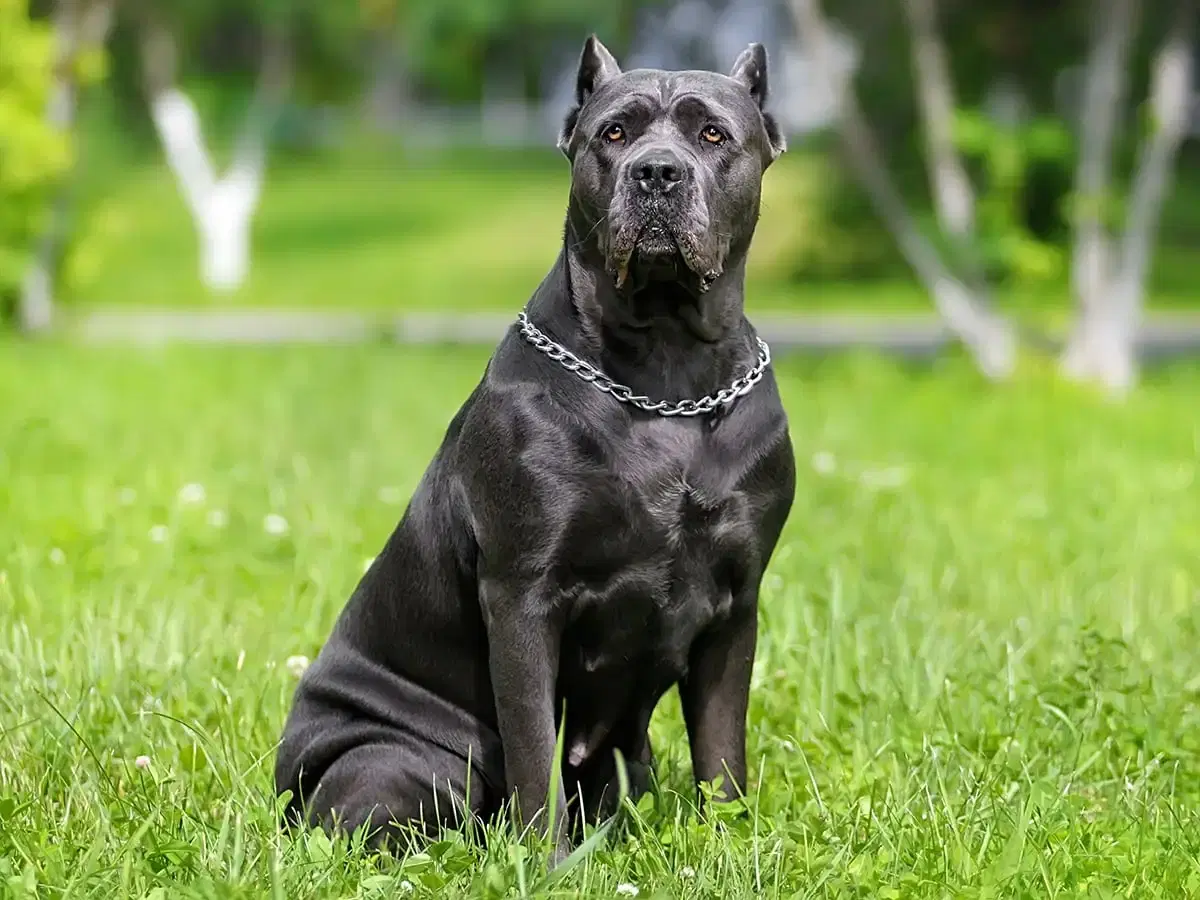
Athletic, alert, and intelligent, the Cane Corso is a versatile working dog known for its confidence and loyalty. They require consistent training and plenty of exercise but reward pet parents with deep devotion and steady companionship. This breed thrives in active households where they can have a job or purpose.
Boerboel
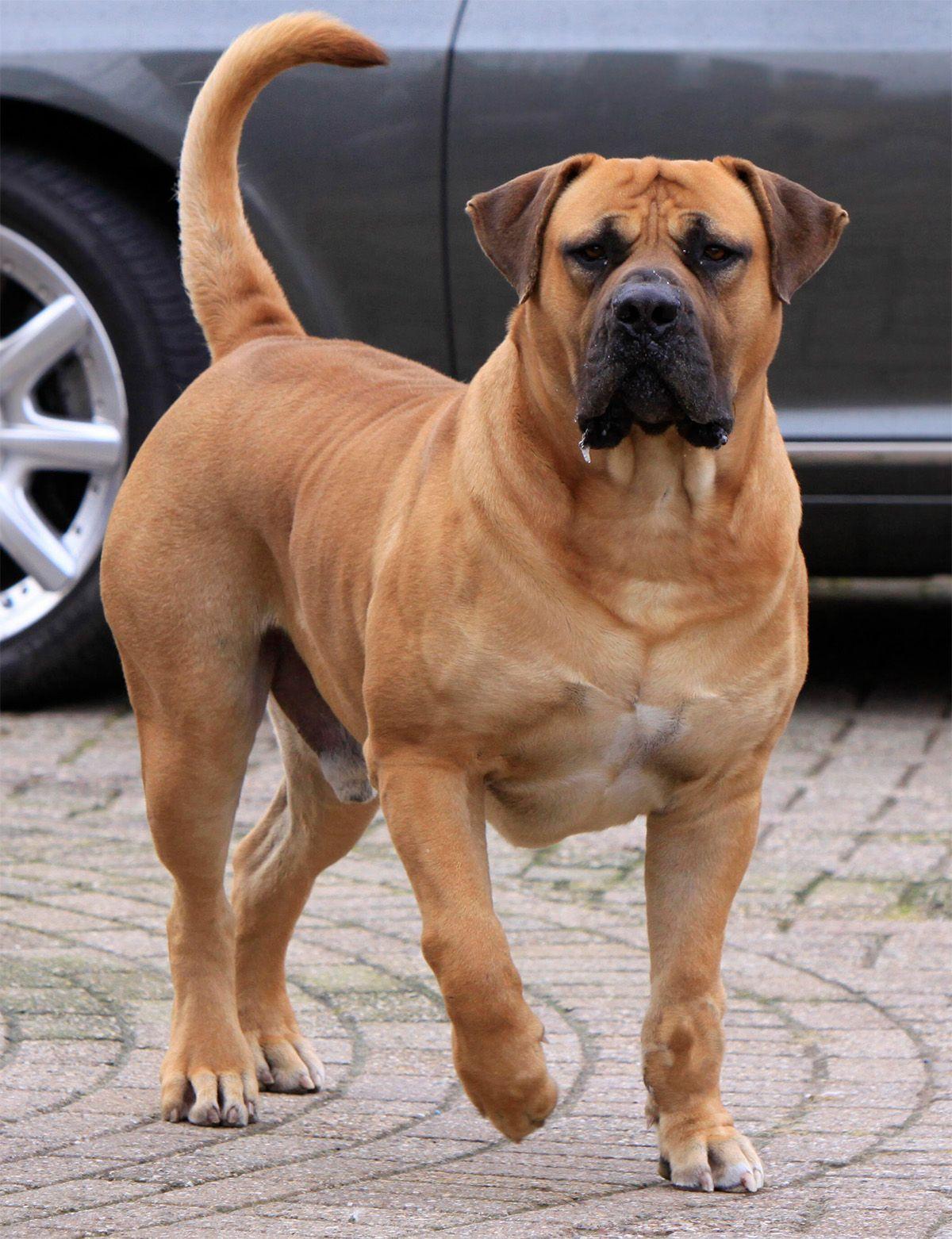
The Boerboel hails from South Africa and was bred to protect homes and farms. Muscular and confident, this breed is known for its courage and loyalty. Despite their power, Boerboels are steady, affectionate, and form strong bonds with their families.
Dogue de Bordeaux (French Mastiff)
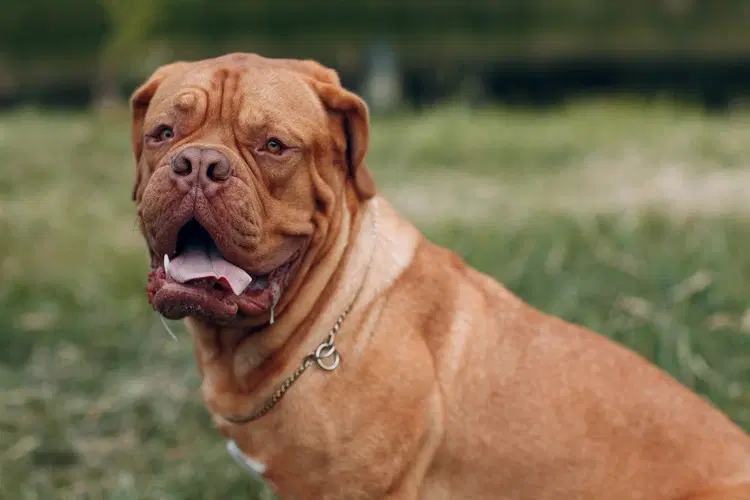
With their massive head and soulful expression, the Dogue de Bordeaux is both striking and sweet. They’re courageous, calm, and known for their unwavering devotion. These dogs bond closely with their families and make gentle, affectionate companions when socialized early.
Spanish Mastiff
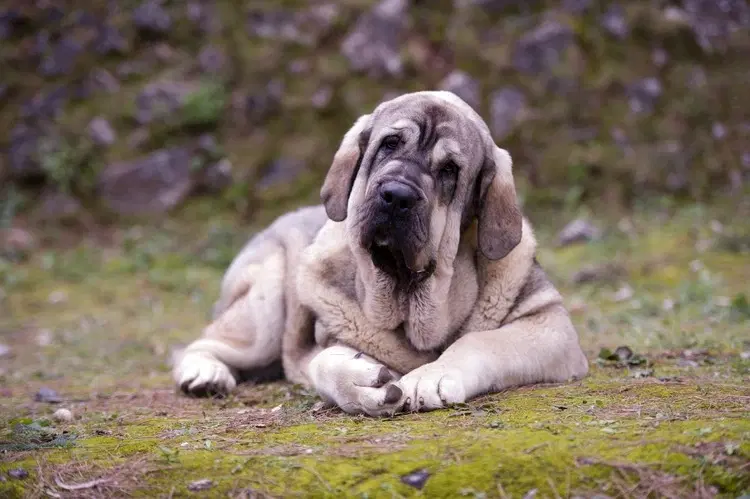
The Spanish Mastiff has a rich history as a livestock guardian, known for its calm, steady temperament. They’re gentle with family but reserved around strangers, embodying the perfect balance between protector and companion.
Common Health Issues in Mastiff Dog Breeds
Like many large breeds, Mastiffs can be prone to certain health issues, especially as they age. Their size puts extra strain on their joints and hearts, making preventive care essential. Common health concerns include:
Hip dysplasia and elbow dysplasia
Bloat (gastric torsion)
Skin and allergy problems
Eye conditions like cherry eye or entropion
Certain cancers
Routine vet visits, a healthy diet, and weight management go a long way in keeping these gentle giants healthy.
Expert Insights from Spot
At Spot Pet Insurance, we understand that caring for a large breed can come with big vet bills. Here’s a look at the average pet insurance claim costs for common health conditions seen in Mastiff dog breeds*:
Health Condition | Average Claim Cost |
|---|---|
Hip Dysplasia | $652.29 |
Bloat (Gastric Torsion) | $3,336.33 |
Cancer | $1,058.63 |
Eye Conditions | $409.85 |
Skin Conditions | $331.75 |
$327.21 |
Pet insurance can help pet parents manage unexpected costs and ensure their Mastiff receives the best possible care — without the added financial stress.
Caring for Mastiff Dog Breeds
Mastiffs are loyal, affectionate dogs that thrive with structure and companionship. Here are some care essentials:
Exercise: Moderate activity suits them best — think daily walks and playtime instead of long-distance runs.
Diet: Feed a balanced diet formulated for large breeds, focusing on joint health and controlled growth in puppies.
Training: Early socialization and consistent, positive reinforcement are key. Mastiffs respond best to patient and confident guidance.
Space: These dogs need room to move comfortably; they’re best suited for homes with ample space rather than small apartments.
Is a Mastiff Right for You?
Mastiff dog breeds are perfect for pet parents who want a calm, loving, and loyal companion. Their gentle nature makes them great with families, but their protective instincts mean they take their guarding role seriously. They do best with people who have time for training, exercise, and plenty of affection.
FAQ: Mastiff Dog Breeds
Are Mastiff dog breeds good family pets? Yes. Most Mastiffs are affectionate and patient, making them wonderful companions for families and children when socialized early.
How big do Mastiff dog breeds get? Depending on the breed, Mastiffs can weigh anywhere from 100 to over 230 pounds and stand 24 to 36 inches tall at the shoulder.
Do Mastiff breeds drool a lot? Many do — especially the English and Neapolitan Mastiffs. Keeping a towel handy is just part of life with these gentle giants.
Are Mastiff breeds easy to train? They’re intelligent but can be strong-willed. Consistency and positive reinforcement go a long way.
What’s the lifespan of a Mastiff dog breed? Most Mastiffs live between 8–12 years, though this varies depending on the breed and individual health.
More About Spot Pet Insurance
Dog insurance can help provide financial assistance for covered veterinary care in case of unexpected accidents, illnesses, or injuries. Our plans can help pet parents manage the eligible costs of covered veterinary care and help ensure that their pets can receive the best treatment possible. Here are some ways that Spot pet insurance plans can help:
Helps Cover Unexpected Veterinary Costs: Spot pet insurance plans help cover the eligible costs of unexpected veterinary treatments, such as emergency surgeries, X-rays, and prescription medications for covered conditions.
Customizable Plans: Choose your annual limit, reimbursement rate, and deductible from a range of options, and create the plan that will fit the needs of your pet and your budget.
Peace of Mind: With Spot pet insurance plans, pet parents can know that they can provide the best care for their pet with less worry about the cost.
To learn more about Spot Plans or to get a free quote, click here.
Key Takeaway
Mastiff dog breeds may be large in size, but their hearts are even bigger. From the loyal Bullmastiff to the majestic Tibetan Mastiff, these dogs offer endless love, loyalty, and companionship. With proper care, training, and health coverage, Mastiffs can live happy, comfortable lives as part of your family — proving that sometimes, the biggest dogs really do make the best friends.

Mostly a tech person, always a pet person. I am dedicated to improving the lives of pets and their humans with technology. Off-duty, I enjoy writing about the misbehaving of computer programs and my two Aussiedoodles, Calvin and Hobbes.
*Based on 2025 Spot Pet Insurance Services, LLC. Claims data

